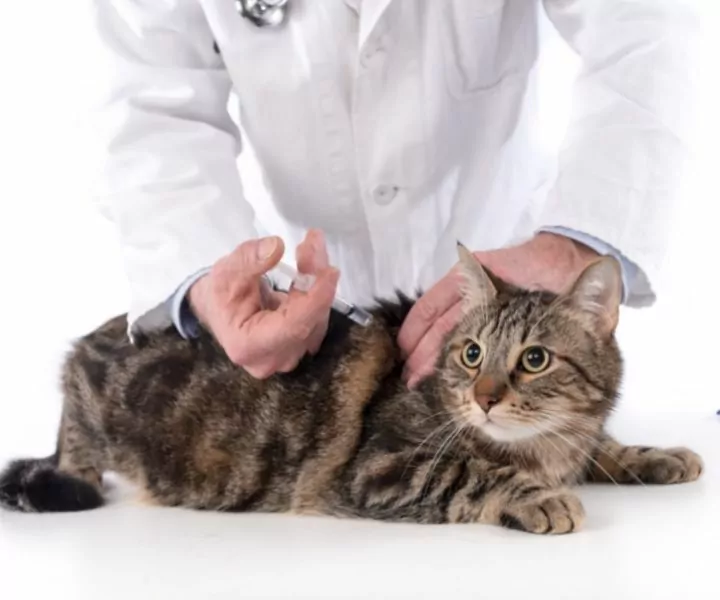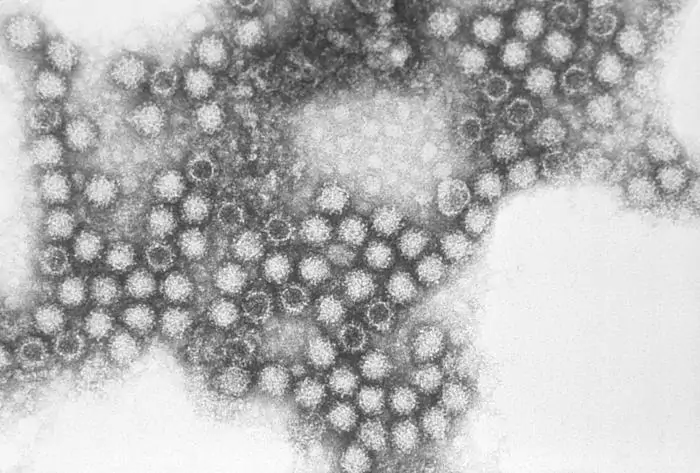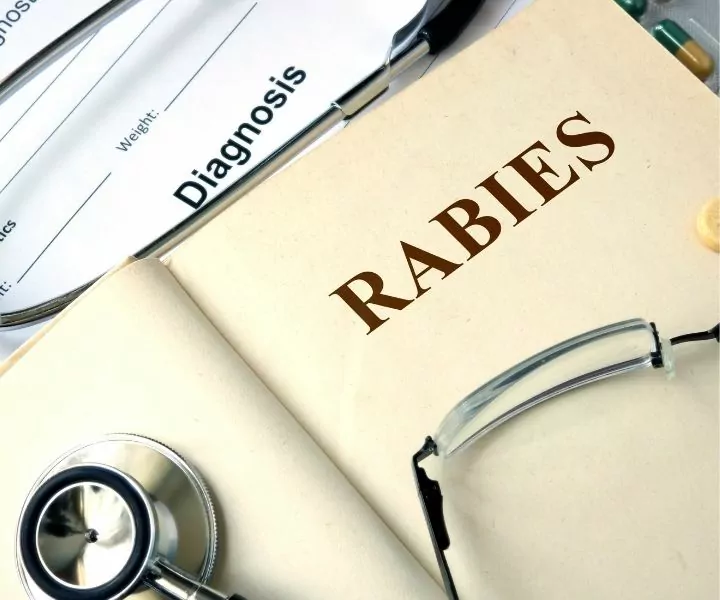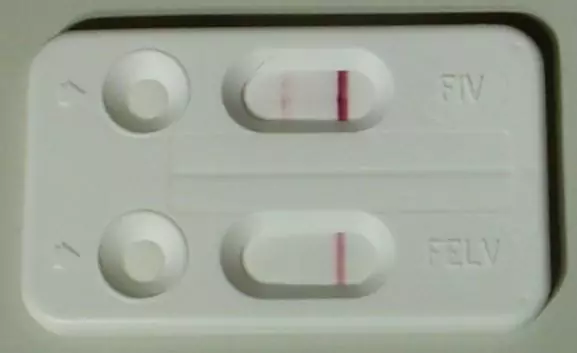Why are Cat Vaccines Important? Preventative medical care is one of the most important things you can do for your cat’s well-being. A major component of preventative care is vaccinating your pet.

There are several vaccines that may be more important in some parts of the country than others, but a few “core” vaccines are recommended for cats all over the country. Vaccinating your pet can prevent potentially fatal diseases, especially in kittens. Vaccines such as rabies are important to human health as well.
The Proper Cat Vaccine Schedule
Recommended core vaccines in the United States include Feline Herpesvirus 1, Feline Panleukopenia, and Feline Calicivirus. In addition, depending on your cat’s lifestyle risk factors, your veterinarian may recommend some non-core vaccines such as Feline Leukemia Virus (FeLV), Feline Immunodeficiency Virus (FIV), and Bordetella bronchiceptica.
Studies show that less frequent vaccinations are advantages in feline medicine. There is a risk of vaccine reactions causing an injection site sarcoma. These are aggressive tumors that can be life-threatening. Therefore, it is important to discuss with your veterinarian which vaccines are necessary for your cat.
Herpesvirus
Feline Herpesvirus-1 causes a condition known as feline viral rhinotracheitis. It is an upper respiratory disease that is easily spread between cats and through contact with contaminated objects. Signs of FHV-1 infection include inflammation of the conjunctiva and discharge from the eyes or nose.
Sneezing, lethargy, and poor appetite are other signs that can be associated with infection. Cats with a herpes virus infection can also have infections of the cornea of the eye. This virus can go latent in the body and often recurs during times of stress or illness for the cat later in life.

Panleukopenia
Feline Panleukopenia is a highly contagious and prevalent parvovirus that affects cats and kittens. Young kittens 3-5 months of age are most susceptible. The virus can survive long periods of time in the environment.
The virus attacks rapidly dividing cells found in the bone marrow and the intestinal tract. Signs of the disease include respiratory illness, vomiting, diarrhea, lethargy, fever, and lack of appetite.
Calicivirus

Feline Calicivirus also causes upper respiratory infections in cats and kittens. Like FHV-1 infections, calicivirus infections often present with discharge from the eyes and nose, sneezing, lethargy, and lack of appetite.
Cats with calicivirus infections also tend to have ulcers of the gums, tongue, or hard palate of the mouth. The virus is spread through direct contact with infected cats or contaminated objects.
It is recommended that kittens receive several vaccines for these diseases starting as early as 6 weeks of age. Often, these vaccines are combined into a single injection, referred to as FVRCP.
Kittens should be boostered until they are at least 16 weeks of age. Some vaccines are labeled for a duration of one year and others for three years.
Rabies

This is a disease that attacks the body through the nervous system. The virus can be carried by any mammal but is most often seen in carnivores. In the United States, the most common vectors of rabies are raccoons, skunks, foxes, and bats. The disease is almost always fatal.
Cats usually get this disease from the bite of a rabid animal. Humans are also at risk of contracting the disease if there is contact with a rabid animal.
Kittens should get their first Rabies vaccine no sooner than 16 weeks (4 months) of age. A booster should be given a year later and then as indicated by local law. Most states require a Rabies booster every 3 years although some states and countries require a booster every year.
Non-core Vaccines
Depending on your cat’s lifestyle, other non-core vaccines may be advisable. With the exception of the Feline Leukemia Virus, many of these vaccines are only recommended in cats housed in high-density populations such as breeding facilities.
Feline Leukemia Virus
This virus causes various diseases in the cat. It is a common cause of cancer in the cat and often causes immune system suppression, making the cat susceptible to a host of other diseases. The virus is spread through cat-to-cat contact, usually through bite wounds or mutual grooming. The virus can also be spread from mother to kitten. Though it is not a core vaccine, it is strongly recommended by the American Association of Feline Practitioners (AAFP).

Feline Immunodeficiency Virus (FIV)
This is a disease that attacks the immune system leaving the cat vulnerable to everyday bacteria and disease. The virus is most commonly spread through bite wounds and is therefore seen more frequently in feral male cats. House cats are rarely exposed unless a housemate has the virus and then usually only if there is aggression between the two. The average lifespan of a cat with FIV is about 5 years. The vaccine is not entirely protective so is not usually recommended.
Bordetella bronchiceptica
This can cause severe lower respiratory tract disease in young kittens. It is uncommon in both cats and kittens and therefore is only recommended for kittens in high-risk environments such as high population kennels.
The best advice is to ask your local veterinarian for recommendations about specific diseases and prevention. Most non-core vaccines require a second booster 3-4 weeks after the first injection. These vaccines are often started in kittens at 12 weeks of age or older.

Vaccines are an important part of your cat’s health. The best way to treat a deadly, non-curable disease is to prevent it and vaccinations are one of the best tools we have for prevention. If you have a young kitten, take him to the vet as soon as you can. Your vet can work with you to develop a customized vaccination plan suitable for your kitten’s individual needs. Adult cats also need vaccines so ask your vet for preventive care recommendations at your cat’s yearly exam visit.
If you want to know more about vaccine schedules around the World, read our article on the Vaccination schedule for cats in Europe.
